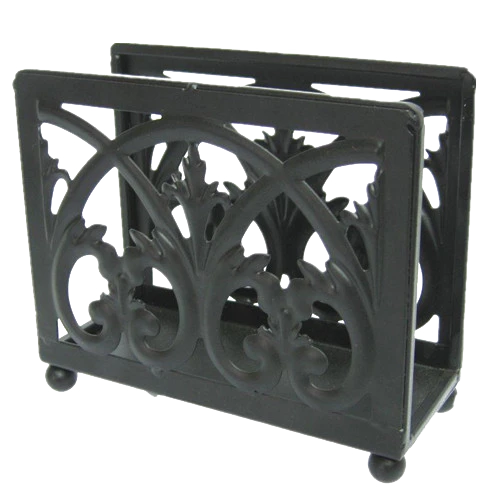Mobile:+86-311-808-126-83
Email:info@ydcastings.com
folding impeller
The Importance of Folding Impellers in Modern Engineering
Folding impellers play a crucial role in various engineering applications, particularly in fluid dynamics and aerospace engineering. Designed to optimize performance, these innovative components offer significant advantages over traditional impellers, leading to enhanced efficiency and effectiveness in a range of systems.
At the heart of the folding impeller design is its ability to adjust its shape and size while in operation. This adaptability is particularly beneficial in scenarios where fluid flow rates can vary dramatically. In traditional impeller designs, fixed shapes can lead to inefficiencies when the operating conditions change. Folding impellers alleviate this issue by dynamically altering their configuration, which allows for improved flow characteristics and reduced energy losses. This feature is particularly useful in applications such as pumps and turbines, where varying fluid demands are common.
One of the standout benefits of folding impellers is their impact on energy consumption. By optimizing fluid dynamics, these impellers can significantly reduce the energy required for operation. In industries where energy efficiency is paramount, such as water treatment and power generation, folding impellers represent a vital technological advancement. Lower energy requirements not only translate to cost savings for businesses but also contribute to a reduced environmental footprint, aligning with global sustainability goals.
folding impeller

Another area where folding impellers shine is in the field of aerospace. In aircraft engines, for example, impeller efficiency directly impacts thrust and fuel consumption. The ability of folding impellers to adapt to changing flight conditions—such as altitude, speed, and load—can enhance overall aircraft performance. This adaptability can lead to lighter, more fuel-efficient aircraft, playing a critical role in the future of aviation technology.
Moreover, the compact nature of folding impellers allows for more flexible designs in machinery and equipment. Their ability to fold into more compact shapes means that they can be integrated into tight spaces, promoting more innovative engineering solutions. This is particularly evident in medical devices and small-scale pumps, where space is often at a premium.
However, the manufacturing of folding impellers presents its own set of challenges. The complexity of the design requires advanced materials and precision engineering to ensure reliability and durability. As technology progresses, new materials and production techniques are being developed to enhance the performance and longevity of folding impellers, making them more accessible for widespread use.
In conclusion, folding impellers represent a significant leap forward in engineering design, offering versatility, energy efficiency, and innovative capabilities across various applications. As industries continue to strive for improved efficiency and sustainability, the role of folding impellers will undoubtedly become increasingly prominent, paving the way for future advancements in fluid dynamics and related fields.
-
Understanding Metal Casting TechniquesNewsApr.02,2025
-
Understanding Exhaust Manifolds for Enhanced Engine PerformanceNewsApr.02,2025
-
The World of Metal FabricationNewsApr.02,2025
-
Key Components for Pump and Turbo EfficiencyNewsApr.02,2025
-
Essential Tools for Automotive Maintenance and RepairNewsApr.02,2025
-
Durable Valve Components for Effective Water ManagementNewsApr.02,2025











